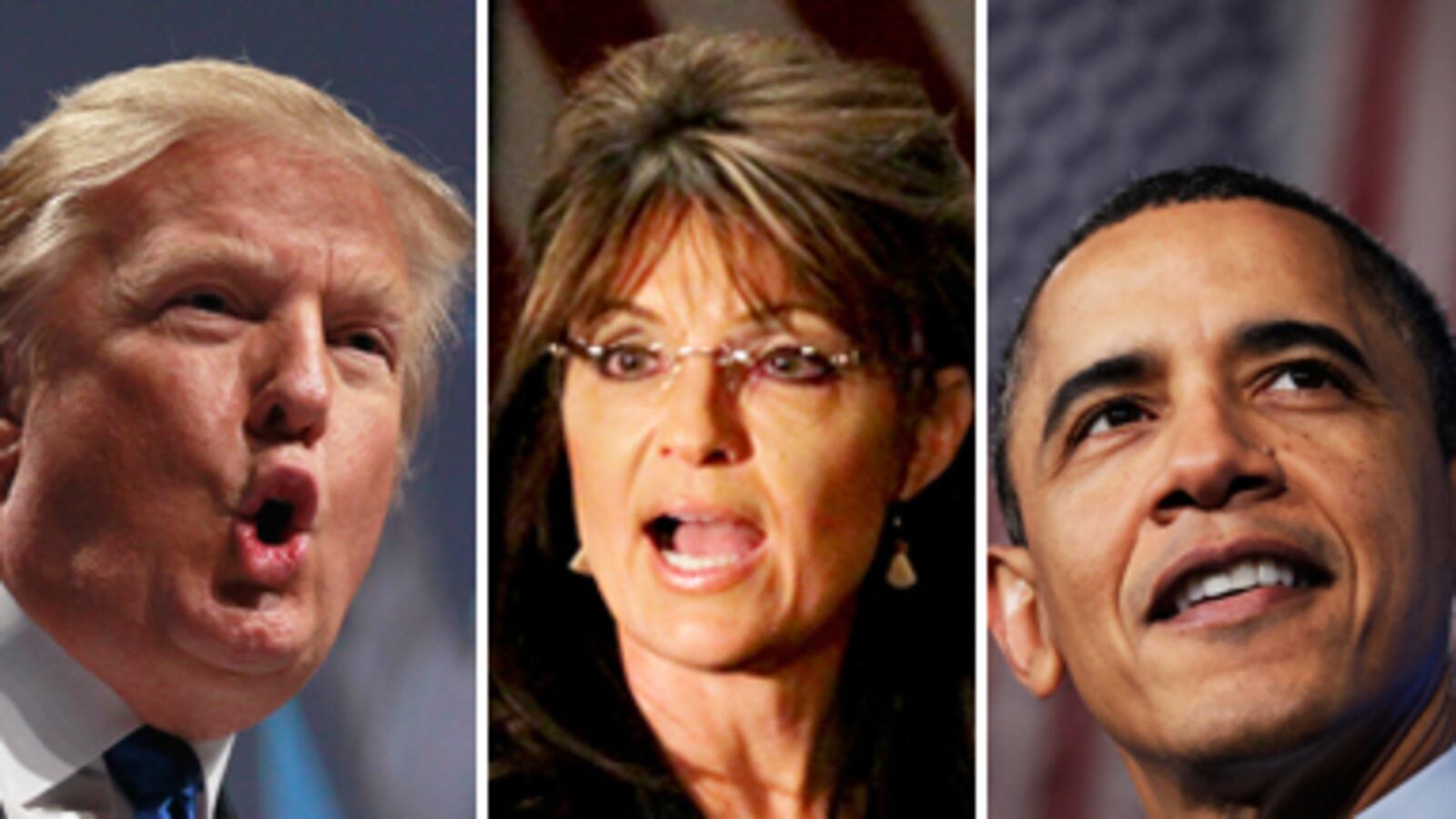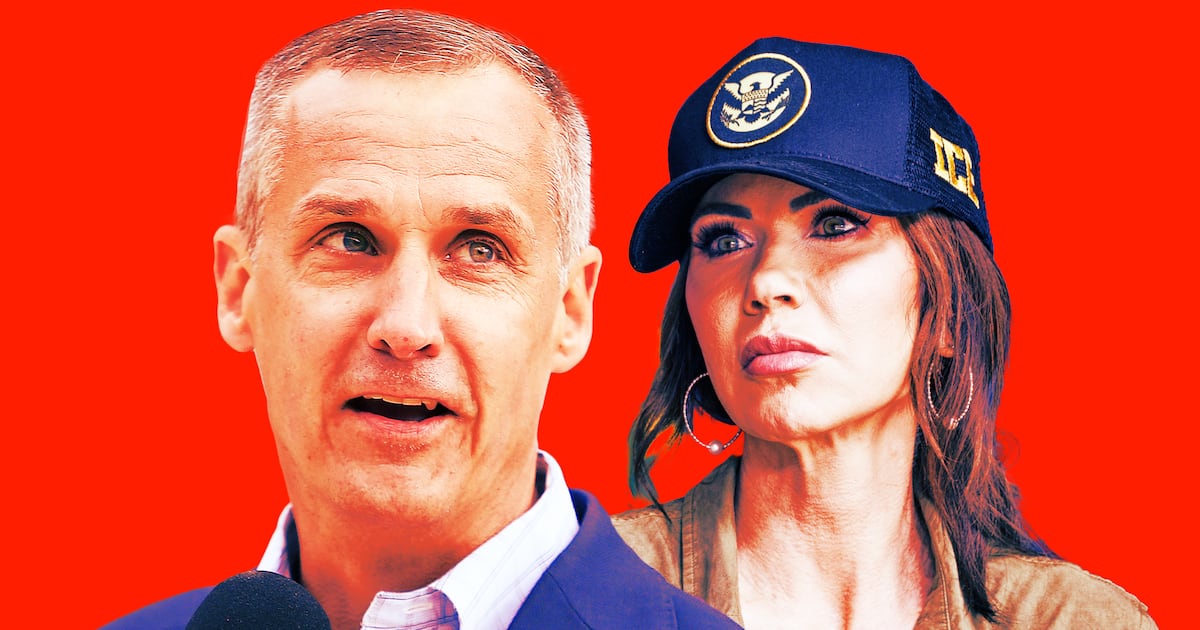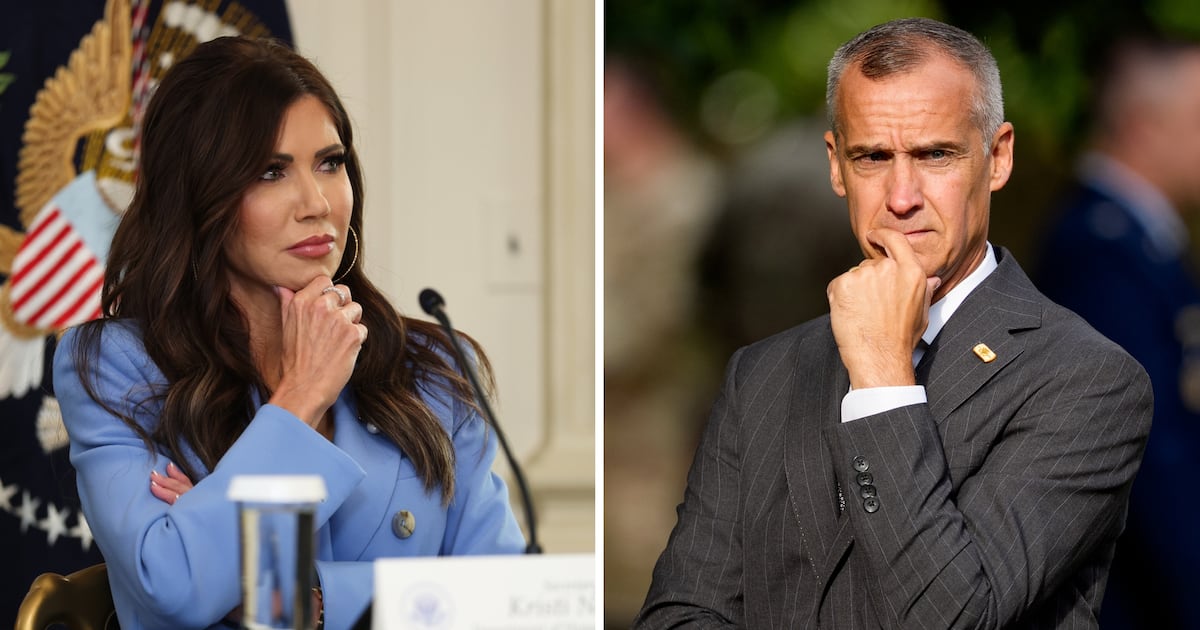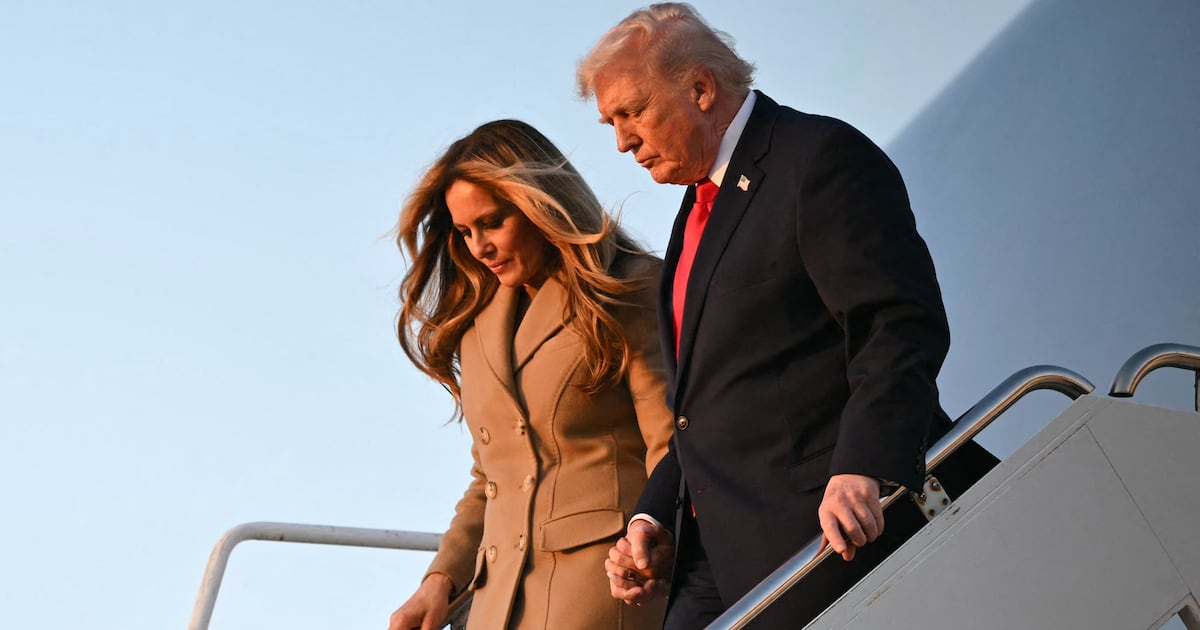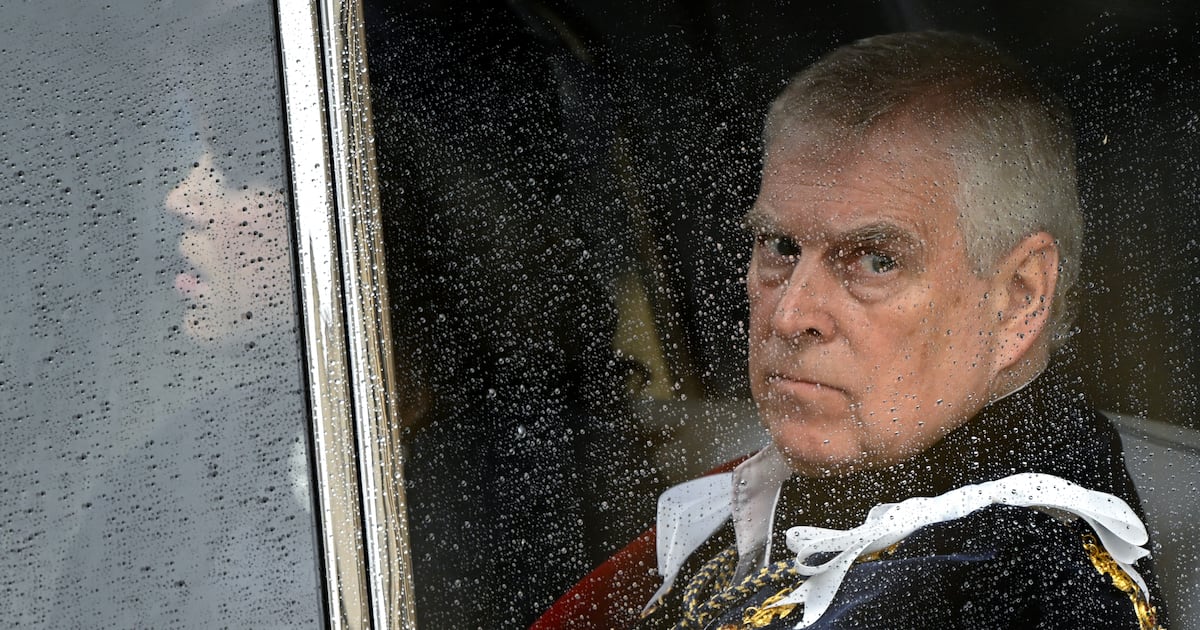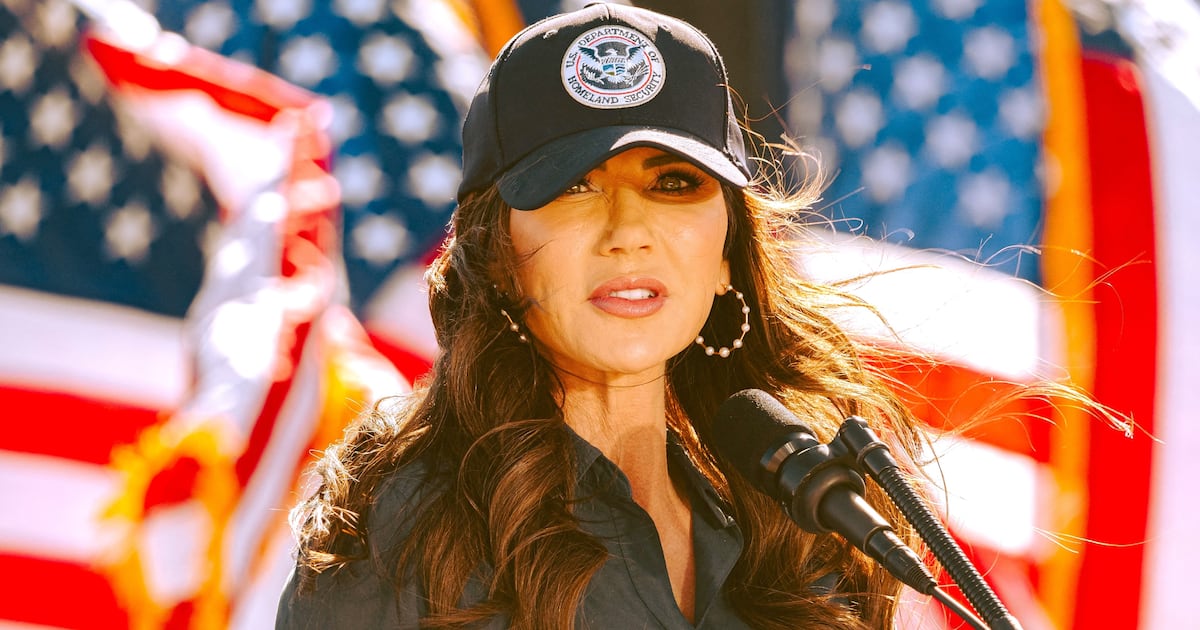The American people are hungry for a third-party candidate for president, be it a moderate insider or an outsider with a proven record of experience from the business community or the military.
A Bill Gates candidacy or a General David Petraeus candidacy would probably be greeted with more enthusiasm than skepticism. Polling that was conducted before the midterm elections shows great support for a major third party in the United States.

A New York Times/CBS News poll that was released in mid-September reported that a majority of Americans think the country needs real, viable alternatives to the Republican and Democratic parties.
Similarly, a USA Today/Gallup poll released at about the same time as the Times survey found that only one-third of voters say the two parties do an adequate job of representing the American people. Indeed, a solid majority of liberals, moderates, and conservatives in that survey all said a third major party is needed, as did three-quarters of independents.
But the two parties, who agree on nothing else, have shut the door on the possibility by setting up a nominating process with a series of ballot access rules and tests that make it virtually impossible for anyone to run as an independent without joining the Democratic or Republican Party.
America needs a centrist alternative to the dysfunctional party primary process, not only to break the stranglehold of the political elites but to expand the field of candidates and issues that are given serious consideration during the election campaign. The list of potential candidates from either side of the political aisle is much broader and all-encompassing when one holds out the possibility that such a candidate might compete as an independent rather than in one of the primaries.
Jon Huntsman—a successful businessman, former Republican governor of Utah, and respected, recently resigned ambassador to China who has held foreign policy and trade posts in GOP administrations and speaks fluent Mandarin—almost certainly would be an ideal candidate for president.
But only as an independent, not in the Republican primaries. A candidate like Huntsman cannot win the Republican nomination, no matter how much money he spends, and no matter how much he emphasizes his arguably unmatched experience and qualifications.
An Obama appointee with a history of taking moderate positions on the environment, immigration, and gay rights could never win the Republican primary—which has effectively become a battle of who is the most conservative and ideologically pure.
Our dysfunctional party primary process encourages, and indeed requires, ideological purity and extreme partisanship. And it certainly does not reward anyone who has had the temerity to serve the other party in any way.
And unless the system changes and changes fundamentally, individuals with a central role to play in our political process will almost certainly be ignored.
The GOP’s closed nominating process typically punishes those who are outsiders and effectively guarantees that the ideological litmus test of the Tea Party will dominate the process, effectively precluding Huntsman and candidates like him from successfully competing for that nomination.
As President Obama joked at the White House during Chinese President Hu Jintao’s visit last month: “I’m sure that [Huntsman] having worked so well with me will be a great asset in any Republican primary.”
The prospective Huntsman candidacy raises a larger question of how moderate candidates from either party or outside the political system can compete, when centrist policies and bipartisan ideas are desperately in need and so clearly absent from the national political agenda.
The answer: The only way for such politicians to compete is as independent candidates for president. Huntsman and a number of other names, both possible and far-fetched, could conceivably be ideal candidates running on a third party ticket, as Ross Perot did in 1992, and Jon Anderson in 1980.
On the Republican side, Secretary of Defense Robert Gates has been mentioned as a potential presidential candidate. But he too would be precluded from running, despite being a former director of Central Intelligence with 26 years of experience in the CIA and National Security Council. What distinguishes him—serving as secretary of Defense in successive Republican and Democratic administrations—disqualifies him from competing in either party’s primary.
And on the Democratic side, two prospective candidates for national office are disqualified because of positions they have taken.
Senator Joe Lieberman, a man of unmatched experience who ran as a vice presidential nominee with Al Gore in 2000, has announced that he will not run for reelection. Lieberman has been run out of his own party because he had the temerity to support President Bush’s war policy—notwithstanding his unmatched record of supporting the Democrats’ domestic agenda for close to 40 years.
Kent Conrad, chairman of the Senate Budget Committee, has been enormously courageous in pushing for a balanced budget as part of the bipartisan Bowles-Simpson Deficit Commission, and in working to try to encourage a bipartisan process, not only to balance the budget, but to overhaul the tax system.
Neither Lieberman nor Conrad would have any chance in a Democratic primary—whether or not President Obama is a candidate for reelection—and both continue to offer the prospect of a level of service that could bridge divisions on foreign and domestic policies that is simply absent today.
A businessman could successfully compete, no matter his political experience. Indeed, polling that I have conducted both recently and in the past has shown that voters are open to candidates from outside the system who have made their mark in the private sector. Hence the possible if seemingly unlikely candidacy of Donald Trump.
It is not just the range of choices that is limited but the issues and policy positions that are considered.
The $1.5 trillion budget deficit and the $14 trillion national debt have not been addressed seriously by either party. A third-party candidate would be singularly qualified to cut across the political divide and address in a non-ideological fashion the issues that are most important to the American people and missing from the dialogue of the political class.
The only way any candidate who is committed to real fiscal discipline, social tolerance, and economic revitalization can be nominated for president is on a third-party ticket.
I advised President Clinton in the White House over the two years before the 1996 election, and I can say without fear of contradiction that it was Ross Perot who was singularly responsible for inspiring the balanced budget agreement of 1995 that resulted in the surplus when Clinton left office.
It is a tragedy that our system precludes eminently qualified people like Jon Huntsman, Bob Gates, Joe Lieberman, Kent Conrad, and other possible candidates from effectively competing for the nation’s highest office.
And unless the system changes and changes fundamentally, individuals with a central role to play in our political process—who can address even more important ideas and questions—will almost certainly be ignored.
That is a profound tragedy.
Douglas Schoen is a political strategist and author of the upcoming book Mad as Hell: How the Tea Party Movement is Fundamentally Remaking Our Two-Party System to be published by Harper, an imprint of HarperCollins on September 14. Schoen has worked on numerous campaigns, including those of Bill Clinton, Hillary Clinton, Michael Bloomberg, Evan Bayh, Tony Blair, and Ed Koch.

